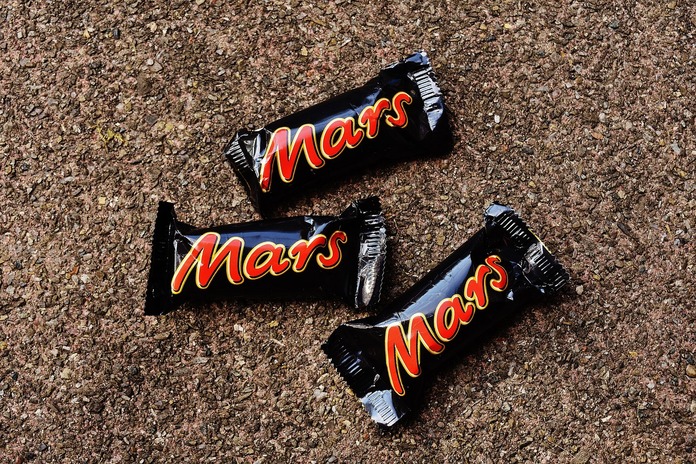Mars Inc., the family-owned global confectionery giant, is set to make waves in the food industry with its latest acquisition. In a deal valued at nearly $36 billion, Mars is acquiring Kellanova(NYSE:K), the maker of iconic snacks like Pringles and Cheez-It. This Mars acquisition of Kellanova represents one of the largest transactions in the packaged food sector, marking a significant expansion of Mars’ snack portfolio.
Strategic Move: Mars Acquisition of Kellanova
The Mars acquisition of Kellanova is a strategic maneuver designed to bolster Mars’ position in the competitive snack market. Mars will pay $83.50 per share for Kellanova, representing a 33% premium over Kellanova’s closing price on August 2, before rumors of the deal surfaced. This acquisition highlights Mars’ commitment to expanding its reach in the snack industry, particularly as consumers increasingly shift toward more affordable private label brands due to rising prices.
In addition to expanding its portfolio, Mars plans to invest locally and introduce healthier snack options, recognizing the growing consumer demand for more nutritious products. This move comes as the U.S. packaged food sector experiences a wave of consolidation, with companies seeking to scale up in response to market pressures and changing consumer habits.
Market Impact and Competitive Landscape
With the Mars acquisition of Kellanova, Mars will strengthen its foothold in the U.S. snacking market, where it currently holds a 4.54% share. Kellanova adds an additional 3.9% market share, bringing Mars closer to industry leader PepsiCo (NASDAQ:PEP). The combined portfolio will include a diverse range of products, from M&M’s and Snickers to Pringles and Pop-Tarts, allowing Mars to compete more effectively against other major players in the industry.
The acquisition is not expected to face significant antitrust challenges, as there is limited overlap between the offerings of Mars and Kellanova. Legal experts suggest that the deal’s relatively smooth regulatory path is due to the complementary nature of the two companies’ product lines, which minimizes concerns about reduced competition.
Financial and Operational Details
Mars intends to finance the Mars acquisition of Kellanova through a combination of cash and new debt. Citi is acting as Mars’ financial adviser, while Goldman Sachs is advising Kellanova. This acquisition dwarfs Mars’ previous major transaction, the $23 billion takeover of Wrigley in 2008, underscoring the significance of the deal in Mars’ growth strategy.
Upon completion of the acquisition, which is expected in the first half of 2025, Kellanova will become part of Mars Snacking, led by Global President Andrew Clarke. The new division will be headquartered in Chicago, further solidifying Mars’ presence in the U.S. snack market.
Kellanova’s shares surged by 7.4% to $80 in early trading following the announcement, valuing the company at approximately $28.58 billion on an equity basis. The company, which was spun off from WK Kellogg last October, has focused on the salty snacks and international cereal business, leaving the North American cereal segment to WK Kellogg.
Industry Trends and Future Outlook
The Mars acquisition of Kellanova is indicative of a broader trend in the packaged food industry, where companies are divesting or spinning off slower-growing segments to attract new buyers and focus on more profitable areas. Kellanova’s spin-off of its North American cereal business last year is a prime example of this strategy, paving the way for its acquisition by Mars.
As the industry continues to evolve, more companies may follow suit, restructuring their portfolios to enhance shareholder value and position themselves for future growth. The deal also highlights the ongoing influence of investment firms, with TOMS Capital Investment Management recently taking a significant stake in Kellanova and pushing for improved shareholder returns.
In conclusion, the Mars acquisition of Kellanova is a landmark deal that will reshape the snack industry landscape. By integrating Kellanova’s popular brands into its portfolio, Mars is positioning itself for long-term growth and increased competitiveness in the global food market. As the company moves forward with this acquisition, the industry will be watching closely to see how Mars leverages its expanded portfolio to drive innovation and meet the evolving demands of consumers.
Featured Image: Pixabay©Alexa















